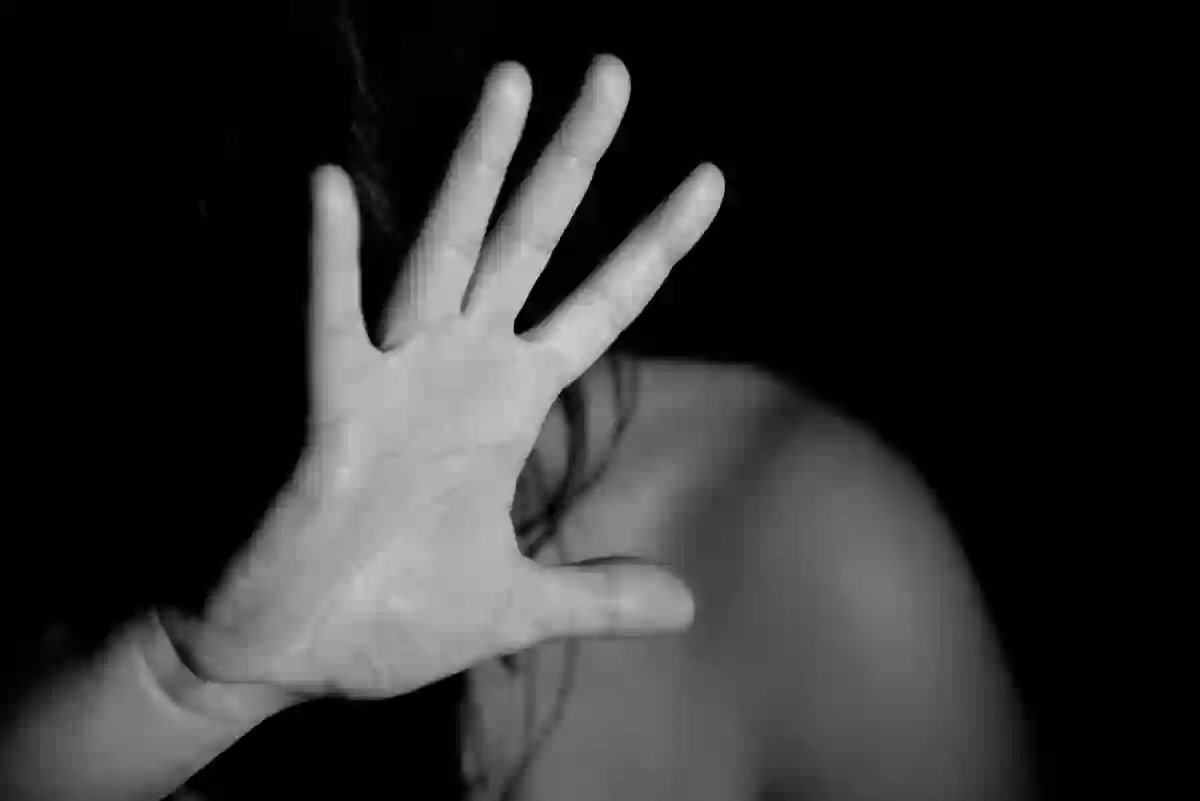While progress has been made in empowering women across South Africa, there’s a painful reality unfolding quietly behind closed doors.
The Department of Women, Youth and Persons with Disabilities (DWYPD) has raised the alarm about a disturbing rise in intimate domestic violence cases—calling it nothing short of a national emergency.
This isn’t just about isolated incidents. It’s a widespread, ongoing crisis that affects countless women, many of whom suffer in silence without support or protection.
One in Three Women Impacted by Partner Violence
A recent study by the Human Sciences Research Council (HSRC) paints a bleak picture: one in every three South African women has experienced physical abuse at the hands of an intimate partner.
That’s not a distant statistic—it could be your neighbour, your co-worker, or someone in your own family.
DWYPD emphasizes that these figures aren’t just data points—they represent real lives affected by pain, fear, and isolation.
“Behind every number is a woman who has been hurt, silenced, and in many cases, left alone to pick up the pieces,” the department said.
The Many Faces of Domestic Abuse
Domestic violence goes far beyond visible bruises.
DWYPD outlined the different, often overlapping, forms of intimate partner violence that continue to devastate women’s lives across the country:
-
Physical assault
-
Sexual violence
-
Emotional and psychological torment
-
Financial and economic control
These types of abuse tend to occur together, forming a coercive cycle where one partner exercises control over the other in harmful, insidious ways.
According to DWYPD, domestic violence isn’t a one-off event—it’s a repeated pattern that worsens over time, leaving deep emotional scars.
Emotional Damage That Lingers
Beyond the physical injuries, the emotional impact is profound.
Survivors are often left grappling with anxiety, depression, post-traumatic stress disorder, and long-term self-esteem issues.
Living in constant fear, walking on eggshells, and feeling trapped—it’s a reality many women face every day.
And this kind of mental toll doesn’t go away easily.
When Abuse Blocks Economic Freedom
It’s not just emotional damage—abuse also chips away at women’s financial independence.
DWYPD highlighted how economic abuse can limit a woman’s ability to work, access money, or make her own financial decisions.
This restricts her opportunities and keeps her tethered to a toxic situation.
In essence, domestic violence becomes a direct threat to women’s economic progress, especially in communities already battling poverty.
A Global Problem With Local Impact
Sadly, South Africa’s crisis isn’t unique. The World Health Organisation (WHO) reports that across the globe, one in three women have faced either physical or sexual violence—most often by someone they know and trust.
South Africa’s figures are in line with this trend, and in some areas, even worse.
Urgent Call for Action Across All Sectors
DWYPD is urging all corners of society to respond—from government departments and law enforcement to NGOs and private companies.
The department believes public awareness, stronger legal action, and more robust victim support systems are essential to turning the tide.
“We cannot let the strides we’ve made in gender equality be reversed by unchecked domestic abuse,” they stated.
Support Is Out There—You’re Not Alone
If you or someone close to you is in an abusive situation, help is available.
You can contact the Gender-Based Violence (GBV) Command Centre at 0800 428 428 or dial 1207867# from your mobile phone.
Let’s keep talking about this, and more importantly, keep listening to those affected.
Because no one should have to endure this kind of suffering in silence.
